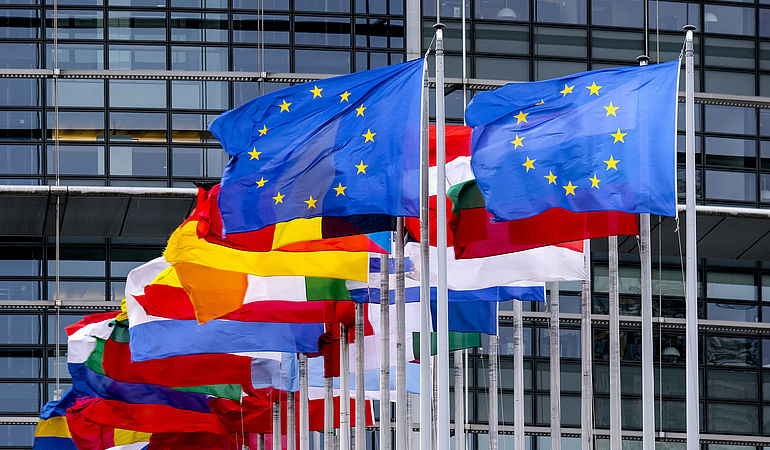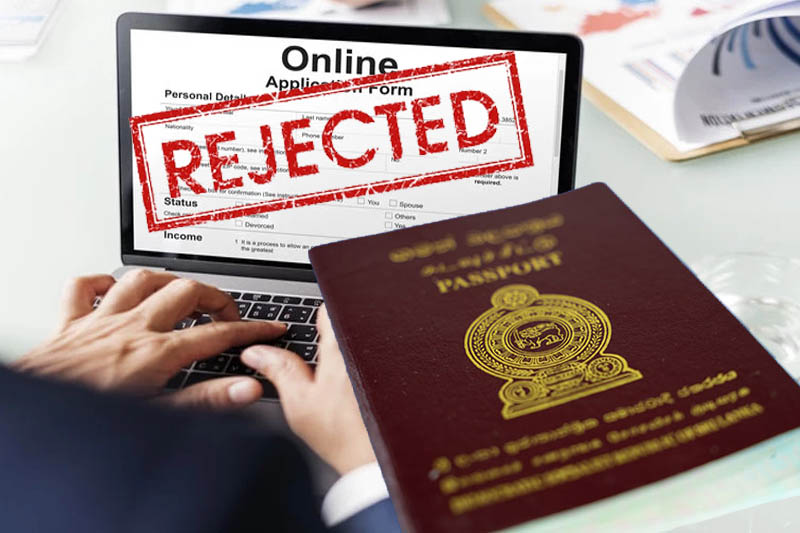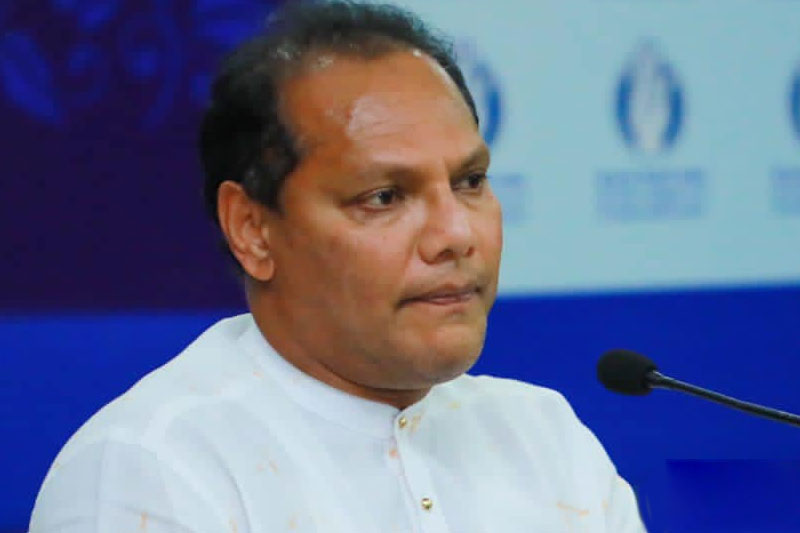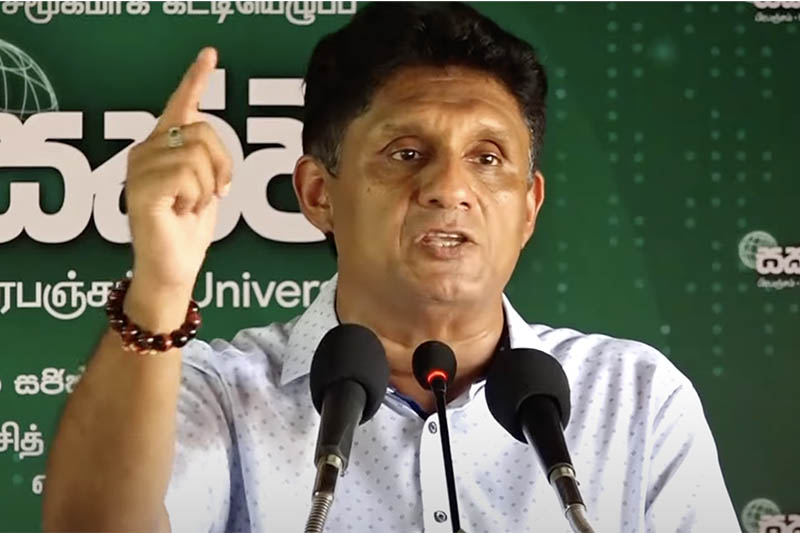The European Union has said that the current import restrictions imposed by the Sri Lankan government will have a negative impact on Sri Lankan and European businesses as
well as on foreign direct investment.
This was conveyed in a joint statement issued by the Delegation of the European Union (EU) and the Embassies of France, Germany, Italy, Netherlands and Romania a short while ago.
As COVID-19 continues to bring a number of challenges, the Colombo-based Heads of Missions representing the European Union and its Member States, held a series of high-level meetings, including with Foreign Minister Dinesh Gunawardena.
"Trade, however, is not a one way street. Such measures impair Sri Lanka’s efforts to become a regional hub and negatively impact Sri Lankan exports by constraining the import of raw material and machinery," the statement said.
They noted that a prolonged import ban is also not in line with World Trade Organisation (WTO) regulations.
EU notes human rights concerns!
The EU delegation also expressed concern on Sri Lanka’s withdrawal of support for the United Nations Human Rights Council Resolution 30/1.
The joint statement reiterated that access to the EU’s special Generalised System of Preferences (GSP+), which allows Sri Lanka to enjoy competitive, predominantly duty and quota-free access to the EU market, is based on the continued implementation of 27 international conventions on human rights, labour, environment, climate change and good governance.
"The government has stated its continuing commitment, including to the EU, to fostering reconciliation, justice and peaceful coexistence among Sri Lanka’s diverse communities," the EU said, adding that they are ready to support the government’s efforts in this area. "The rule of law and a vibrant civil society are essential in this regard,' the EU said.
Further, the EU stated that they are looking forward to continuing their deep engagement with Sri Lanka, in line with shared international commitments and obligations.
The EU’s long-standing support for Sri Lanka as a reliable partner, including through over 1 billion EUR of grants over the last 25 years, notwithstanding the Member States’ bilateral assistance. The EU is the second biggest export market for Sri Lanka worldwide, with a positive trade balance of more than EUR 1 billion (about LKR 220 billion LKR) in 2018 and 2019.
The government published Gazette Extraordinary No. 2176/19, dated 22 May 2020 to amend the 'Imports and Exports (Control) Regulations No 1 of 2020', published in the 'Gazette Extraordinary No. 2171/5', dated 16 April 2020. The revised import regulation retained the restrictions on non-essential items, including motor vehicles.



















